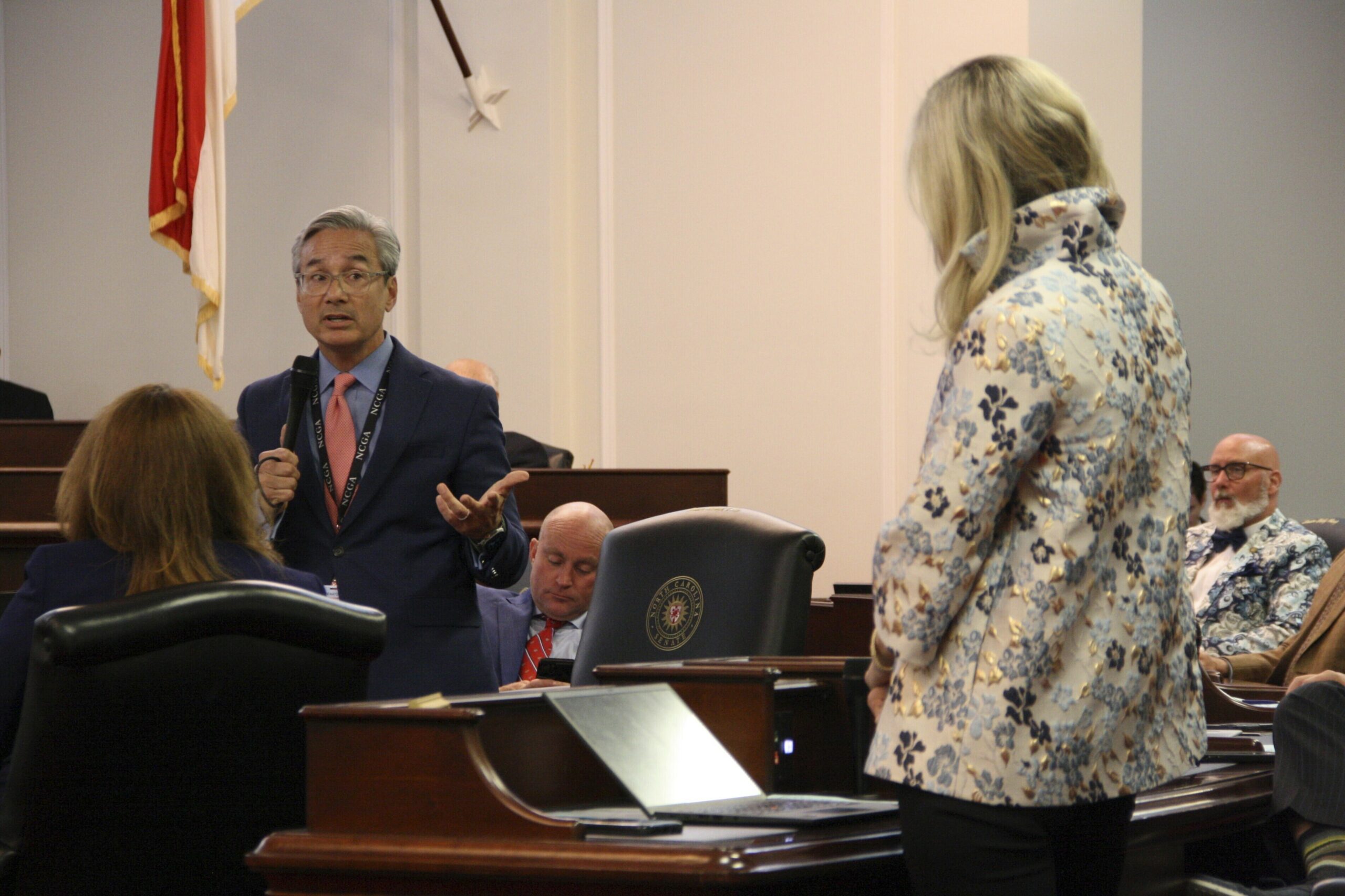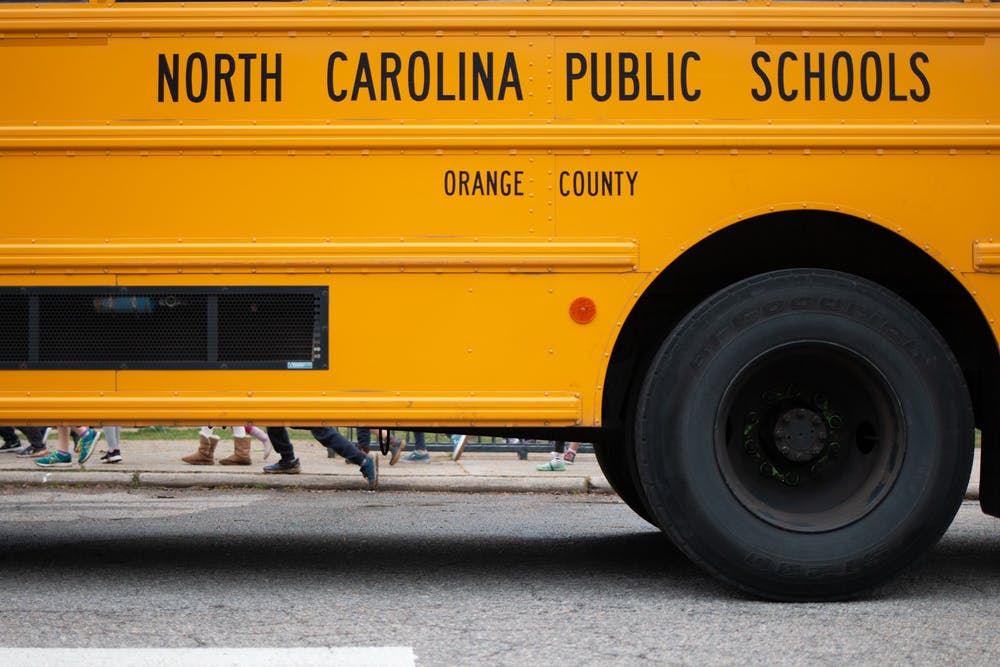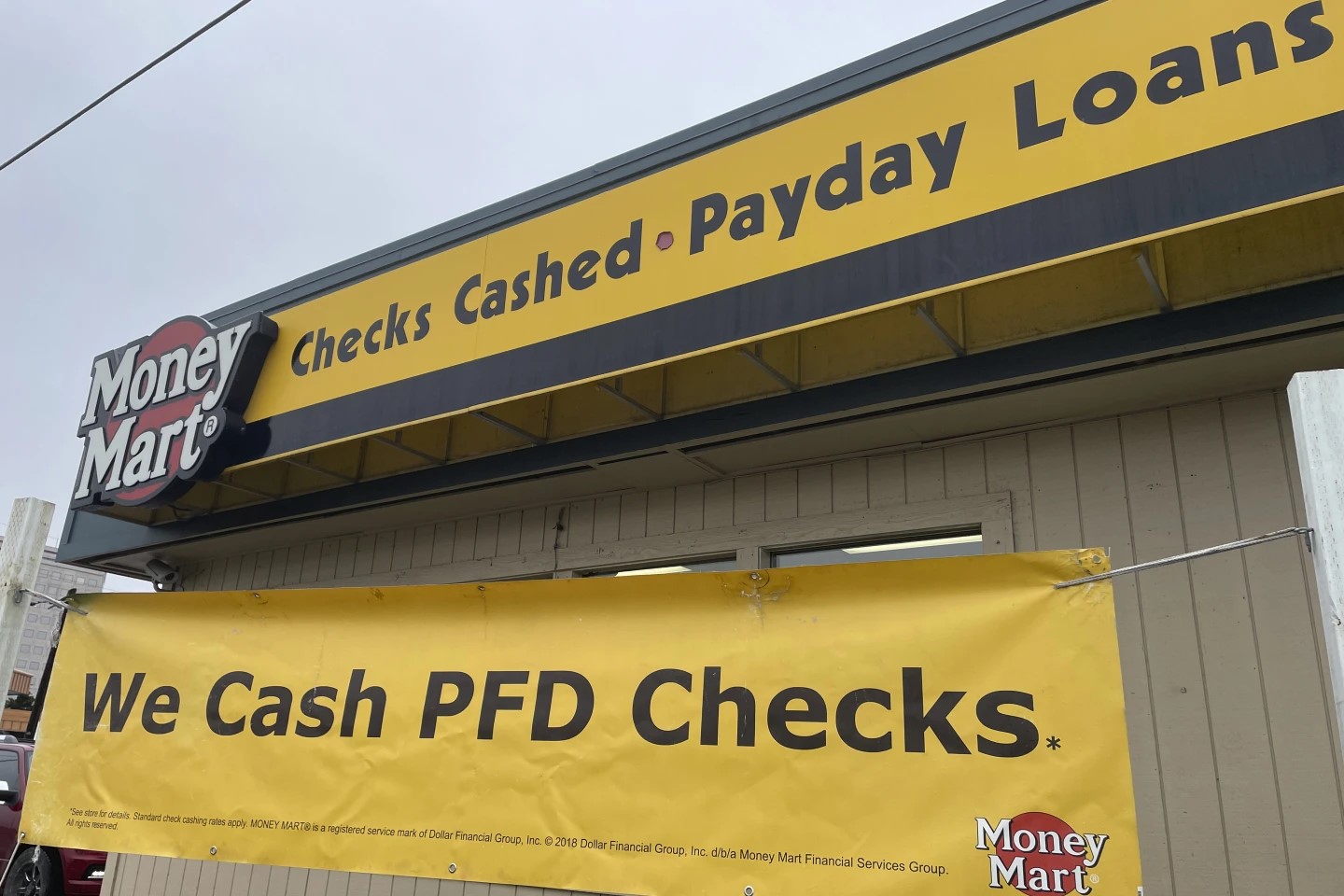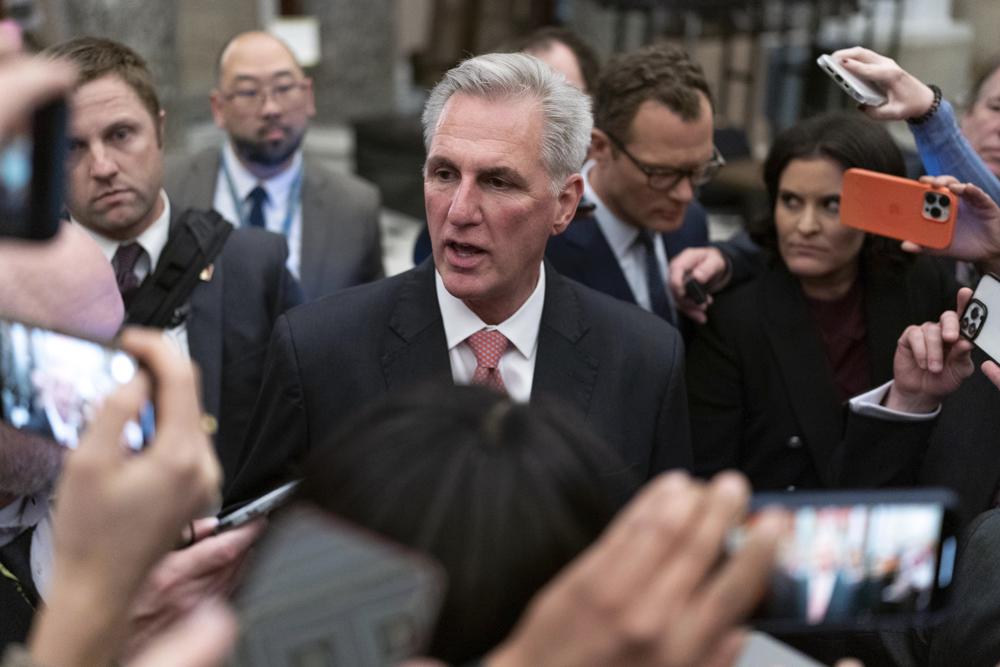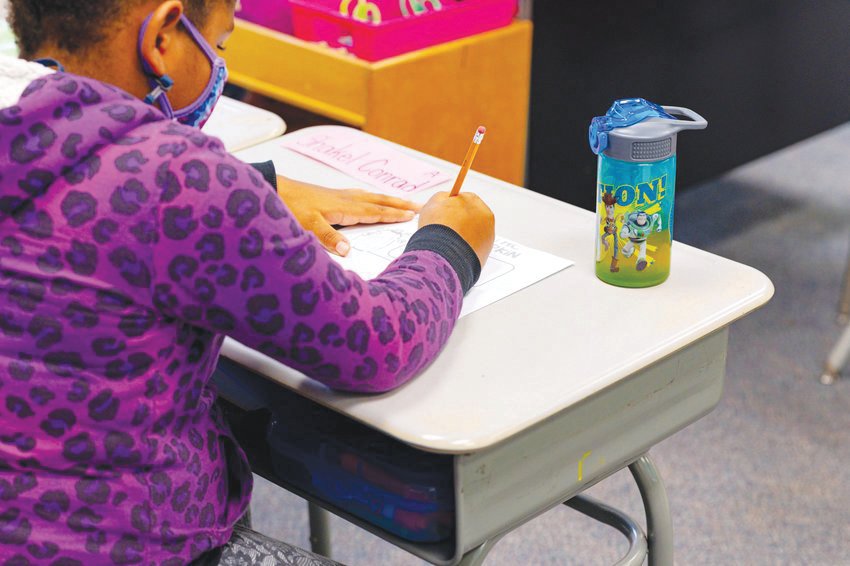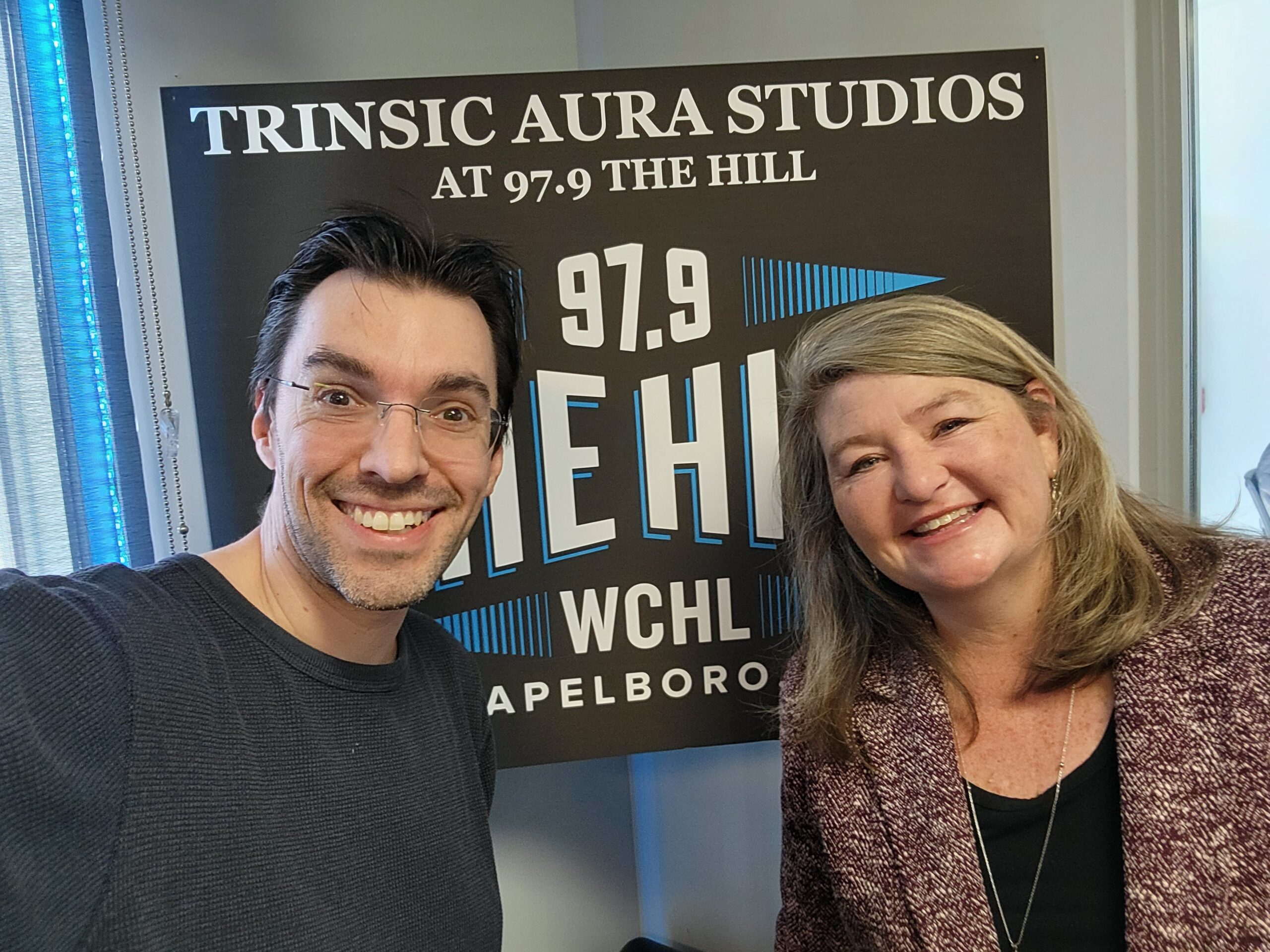It’s that time of year when cash-strapped school systems send funding requests to the Orange County Board of Commissioners, which means there will almost certainly be some hard feelings when the response comes.
But leaders in public education are adamant about one thing: It’s not really the Commissioners they blame for low teacher pay and insufficient funding for public schools.
PTA Council President Jeff Hall of Chapel Hill-Carrboro City Schools says any occasional fights between his organization and the Board of Education or the Orange County Board of Commissioners are really just a function of a bigger problem.
“It feels ridiculous from a parent’s standpoint that, here, in the education state, we’re losing our best teachers to other places, simply because we’re not respecting them as professionals, and we’re not paying them a fair-market wage” said PTA Council President Jeff Hall. “That’s not right…our fight is with Raleigh.”
Chapel Hill-Carrboro City Schools Board of Education Chair Jamezetta Bedford said the school system starts July 1 with a budget deficit of about $3.8 million.
She said that’s primarily due to cuts at the state level. On April 10, the Chapel Hill-Carrboro Board of Education voted to ask the Orange County Board of Commissioners for the full amount, and it’s highly unlikely they’ll get it.
More realistically, perhaps, the Board came up with a first round of phased cuts that comes out to a little more than $800,00 in the first round, and around $2.2 million in the second.
Bedford said this may be a year when the Orange County Board of Commissioners wants to exceed its usual 48.1 percent target for funding public schools.
She said she thinks the Commissioners do a good job of funding schools under the current circumstances. She had even stronger words than Hall for the North Carolina General Assembly, and as she put it, Republicans and “Tea Partiers” in particular. She blames them for what she called an “attack on public schools.”
“They’re trying to blame teachers,” she said. “They’re stating as if it’s a fact that the public schools are terrible. The public schools are not terrible.”
And she wasn’t just talking about cuts to school funding.
“The legislature is also increasing poverty, which contributes to weaker student performance and learning,” said Bedford. “So it’s a spiral of political actions that, to me, are very harmful to children.”
Teacher pay has been stagnant since salaries were frozen statewide in 2007, which makes both hiring and teacher retention hard for local school systems.
Chapel-Hill Carrboro City Schools Director of Human Services Arasi Adkins calls it “an emergency situation.”
“Just in terms of our numbers, we have about 56 resignations and retirements, which is about the same as last year at this time,” said Adkins. “However, I meet with principals in our HR Departments every year in April, and I can tell you, one of the things that’s really frustrating is, we’re almost in a holding pattern with our teachers.
“Because, teachers are waiting to hear something from the state – what they’re going to do in terms of teacher pay.”
Chapel Hill-Carrboro City Schools Association of Educators President Chuck Hennesee worries about the effect of the recent state law to end teacher tenure, which he describes as a loss of due process. Hennessee, Adkins and others agree that tenure has been a recruiting-and-retention tool in the past.
Hennessee said that the cumulative effect of low pay, loss of tenure and an overall lack of respect from Raleigh legislators is starting to drive away a particular type of teacher.
“We look at statistics for years from the state Department of Public Instruction that show us that we hovered around 12 percent, losing teachers each year,” said Hennessee. “We’re at 14 percent now. But the big difference here is that half – as opposed to five percent, years past – are the 15-year veterans. Those are the seasoned people. When you start to lose the best and the brightest, it make education overall very bleak for everyone – especially kids.”
Earlier this year, the PTA Council conducted a survey of Chapel Hill-Carrboro City Schools in which staff members expressed the desire for parents to show their appreciation for the work teachers do.
That includes getting involved in the classroom. Hall said it also involves political advocacy.
“Getting involved. Understanding the issues. Knowing the facts about what’s going on.
These comments were made during the K-12 Education hour of the 2014 WCHL Community Forum. You can listen to the entire forum here.


